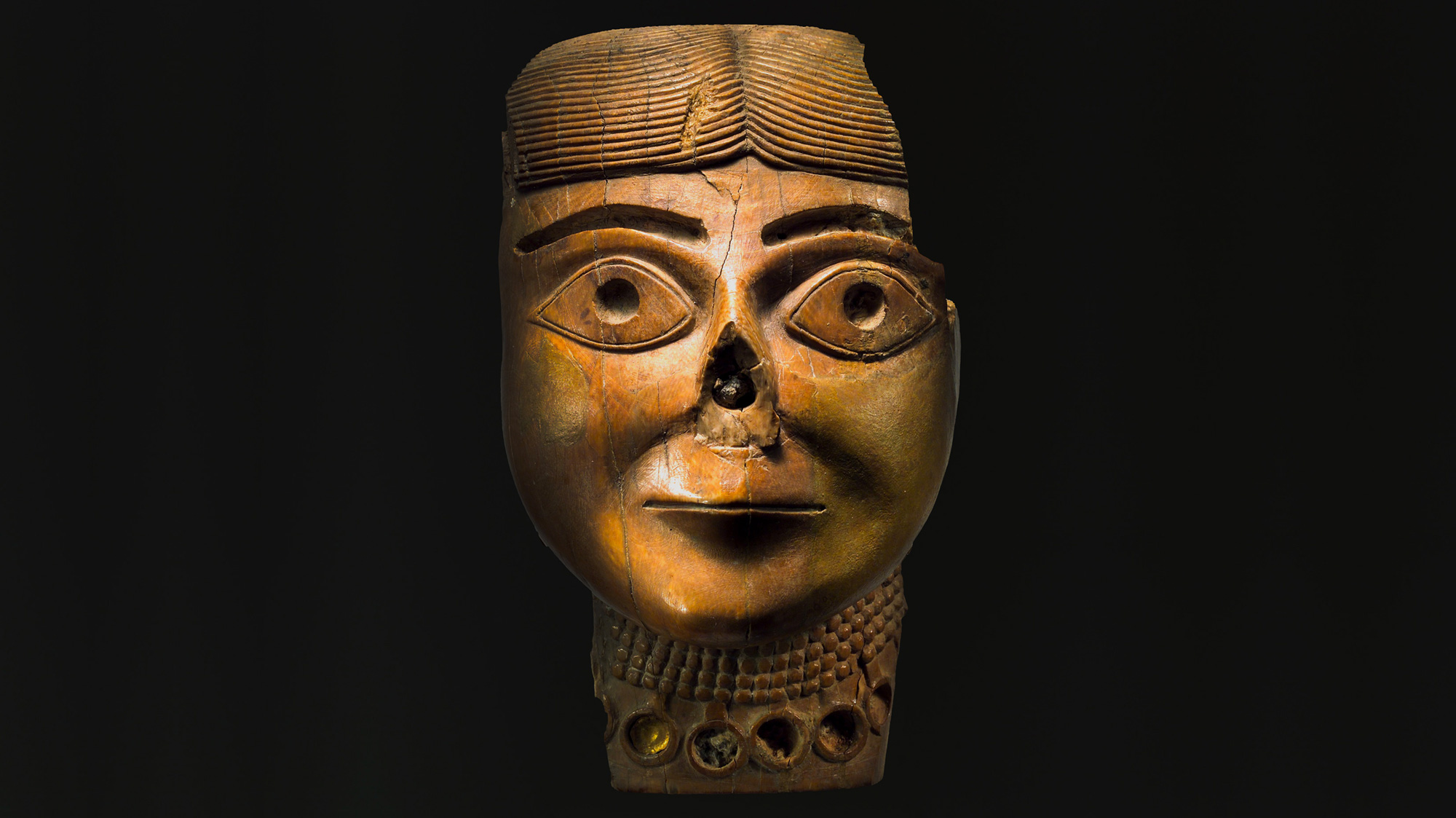Hobby Lobby has handed over another 245 artifacts smuggled out of Iraq. Last year, the arts and crafts chain store hits the headlines after it was revealed they had illegally imported thousands of ancient cuneiform tablets deliberately mislabeled as tile samples and was fined $3 million.
But why would a store that sells yarn art be interested in ancient artifacts? The company’s Christian owners are well known for their collection of ancient biblical antiques. In fact, in November 2017 the family of Hobby Lobby owner David Green opened a vast private museum in Washington, D.C. At eight stories tall, The Museum of the Bible claims to be “one of the largest assemblies of biblical artifacts and texts in the world through collaborations with private donors, institutions, and other museums.”
The Greens’ collection is not only one of the largest private collections of biblical artifacts in the world, but they only made their first purchase a mere nine years ago.
In 2017 private prosecutors filed a civil complaint against Hobby Lobby that outlined various dubious transactions between Hobby Lobby employees and unnamed Isreali art dealers, including how a curator and executive assistant employed by the retail chain decided to bypass both the International 13 Department and Customs Broker and have an Israeli dealer handle the shipping order.
According to the complaint, among the long list of items found at customs between January 3 and January 5 2011 were 450 Cuneiform Tablets – an ancient Mesopotamian way of writing on unfired clay.
There are tight restrictions on imports from Iraq after goods taken from museums and galleries began popping up on the international market after the war. After the United Nations imposed an economic embargo against Iraq in 1990, nation’s economy collapsed and museums started to see their artifacts disappear.
At the time of the 2017 investigation, Hobby Lobby president Steve Green released a statement saying the company had learned lessons from their mistakes:
“In 2009, Hobby Lobby began acquiring a variety of historical Bibles and other artifacts. Developing a collection of historically and religiously important books and artifacts about the Bible is consistent with the Company’s mission and passion for the Bible. The goals were to preserve these items for future generations, to provide broad access to scholars and students alike to study them, and to share the collection with the world in public institutions and museums.
The Company was new to the world of acquiring these items and did not fully appreciate the complexities of the acquisitions process. This resulted in some regrettable mistakes.”







